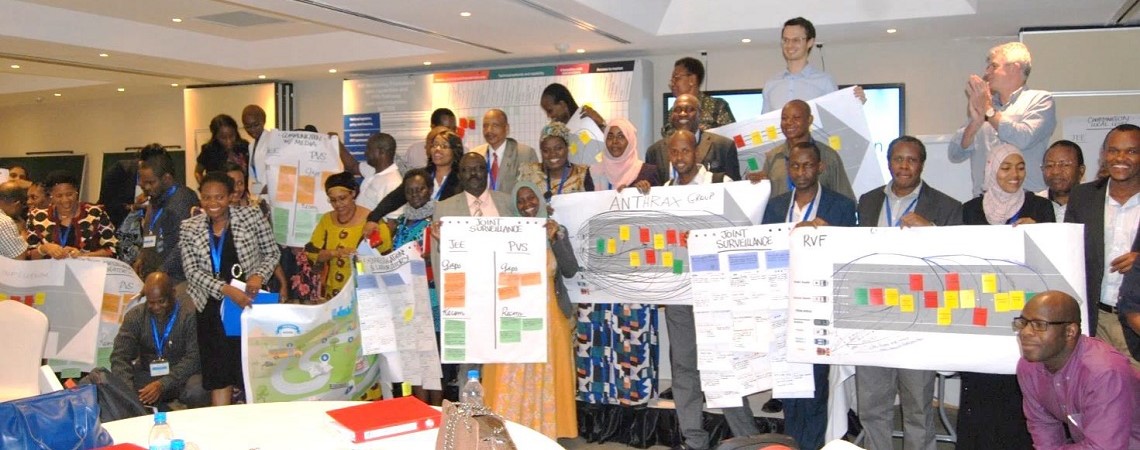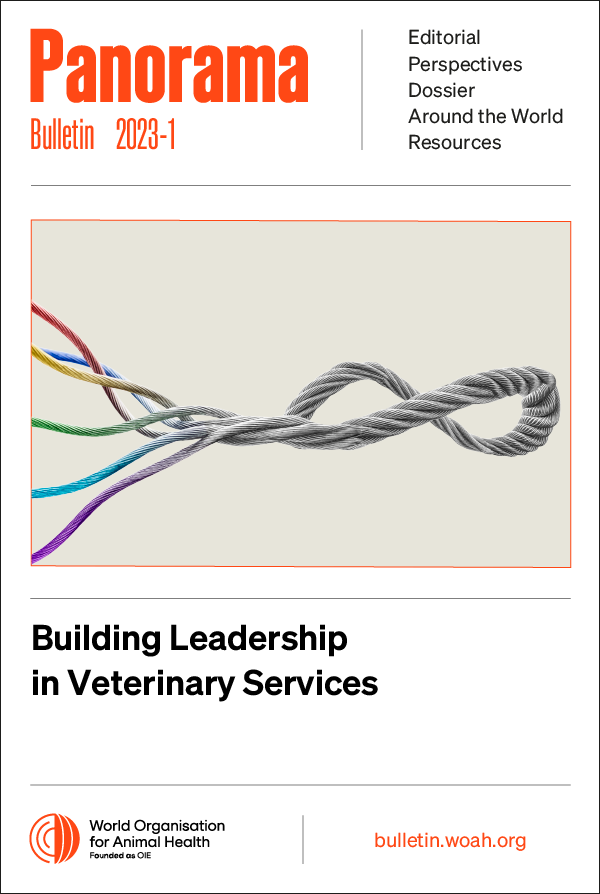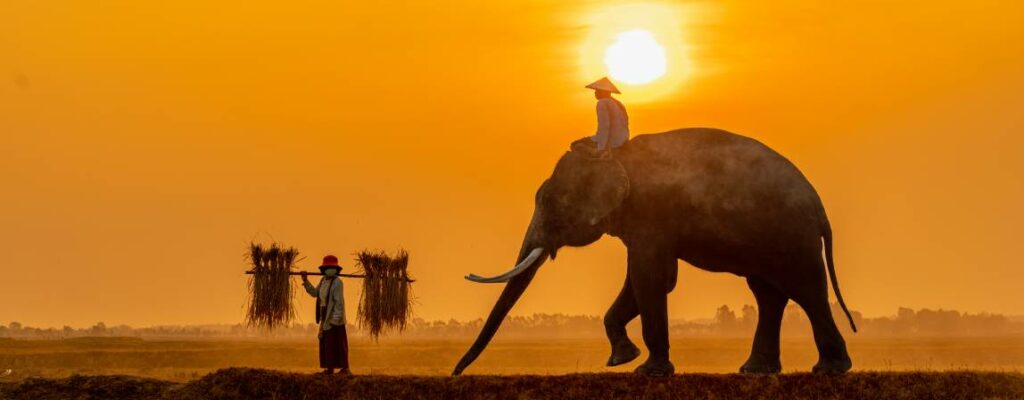Around the world Posted on 2023-02-22 15:57:42
Success stories
The collaborative framework built through the IHR/PVS National Bridging Workshop Programme
Keywords
Authors
M.I. Algüerno (1)*, M. Carron (2), J. Lasley (1), S. de la Rocque (3), G. Belot (3), J. Pinto (4) & G. Cosseddu (4)
(1) World Organisation for Animal Health (WOAH).
(2) Canadian Food Inspection Agency (CFIA), Montreal, Canada.
(3) World Health Organization (WHO).
(4) Food and Agriculture Organization of the United Nations (FAO).
* Corresponding author: M.I. Algüerno.
The designations and denominations employed and the presentation of the material in this article do not imply the expression of any opinion whatsoever on the part of WOAH, FAO or WHO concerning the legal status of any country, territory, city or area or of its authorities, or concerning the delimitation of its frontiers and boundaries.
The views expressed in this article are solely the responsibility of the author(s). The mention of specific companies or products of manufacturers, whether or not these have been patented, does not imply that these have been endorsed or recommended by WOAH, FAO or WHO in preference to others of a similar nature that are not mentioned.
These interactive NBW sessions build on existing synergies between the WHO International Health Regulations (IHR) and WOAH PVS Pathway. The aim is to raise awareness of the importance of greater streamlining of One Health (OH) activities in order to strengthen both animal and human health systems.
The programme creates a unique opportunity for the human, animal and environmental health sectors to jointly identify any gaps in collaboration and to develop a roadmap to address them. To ensure greater impact, the Tripartite also provides support for implementing roadmap activities. These follow-up activities are structured around four pillars:
- The recruitment of a national NBW Catalyst (an OH expert).
- Monitoring and evaluating the implementation of the roadmap activities.
- Technical and, when possible, financial support for the implementation of the roadmap activities.
- The establishment of a Community of Practice to share and discuss experiences, good practices and challenges.
The NBW Programme has led to the completion of more than 40 workshops, and most countries are already advanced in carrying out the roadmap. Momentum has also been created for OH initiatives, as illustrated by many OH platforms being reactivated during NBWs in Africa, and institutional endorsement of the OH approach in some countries following a workshop.
| In Tanzania, the mapping of OH stakeholders and the establishment of coordination and communication mechanisms between the sectors has improved the detection, prevention and control of zoonoses, as evidenced by the efficient control of the recent leptospirosis outbreak in the Lindi region. |
| In Sierra Leone, joint rapid response teams were put together, risk communication messaging and community engagement were carried out as a combined effort, and the incident action plan for an OH response was also a jointly crafted document. The response to the May 2022 anthrax outbreak in Sierra Leone (animal and human cases in the Portloko and Karene districts) was an inspiring example of OH collaboration and a significant improvement on other responses in the past. |
| In Nigeria, NBW roadmap implementation resulted in improved sharing of surveillance information among the three sectors. For example, the National One Health Risk Surveillance and Information Sharing (NOHRSIS) group has been instrumental in speeding up the exchange of information, leading to a more effective response to the recent monkeypox outbreak, as well as the rapid execution of joint risk assessments for anthrax, Crimean−Congo haemorrhagic fever and blue tick fever, all of which were reported in neighbouring countries. |
________________________________________
(1) The Tripartite is composed of the Food and Agriculture Organization of the United Nations (FAO), the World Organisation for Animal Health (WOAH) and the World Health Organization (WHO).
https://doi.org/10.20506/bull.2023.1.3392












